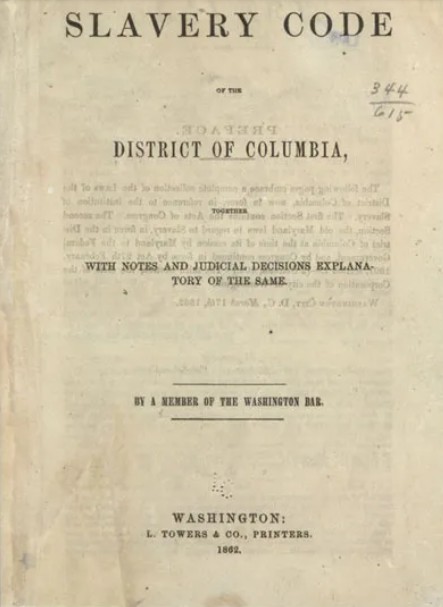by:
09/09/2025
0
The Black Codes were a set of laws passed by Southern states in the United States after the Civil War, primarily during 1865–1866, with the goal of restricting the freedom of African Americans and ensuring their availability as a cheap labor force.
Historical Context
After the Civil War ended in 1865, slavery was abolished through the 13th Amendment, and formerly enslaved people were legally free. However, Southern states, resistant to the social and economic changes, enacted Black Codes to maintain white supremacy and control over the newly freed Black population.
Southern states, resistant to the social and economic changes, enacted Black Codes to maintain white supremacy and control over the newly freed Black population.
Key Features of Black Codes
The specifics varied by state, but common elements included:
Labor Contracts: Freedmen were often required to sign yearly labor contracts. If they refused or left before the contract ended, they could be arrested or forced to work.
Vagrancy Laws: African Americans without jobs could be arrested for vagrancy and fined. If they couldn’t pay the fine, they were forced into labor.
Restrictions on Movement: Freed people often needed permission to travel or live in certain areas.
Limited Civil Rights: Black Codes denied African Americans the right to vote, serve on juries, testify against whites, or own firearms.
Apprenticeship Laws: Courts could force Black children into unpaid apprenticeships, often with their former enslavers.
Impact and Resistance
The Black Codes sparked outrage in the North, especially among Radical Republicans in Congress.
In response, Congress passed the Civil Rights Act of 1866 and later the 14th Amendment, granting citizenship and equal protection under the law.
The Reconstruction Acts placed Southern states under military rule and required them to rewrite their constitutions to guarantee rights to African Americans.
Legacy
Although the Black Codes were eventually overturned, they laid the groundwork for Jim Crow laws, which institutionalized racial segregation and discrimination for decades.







0 Comments on this post: